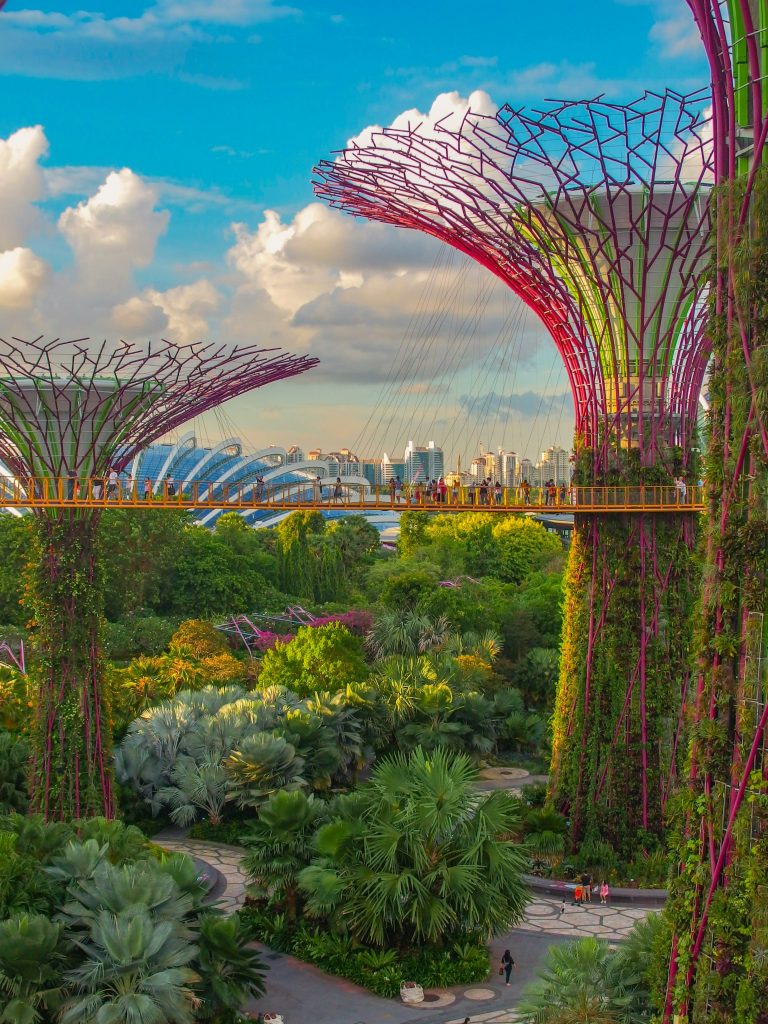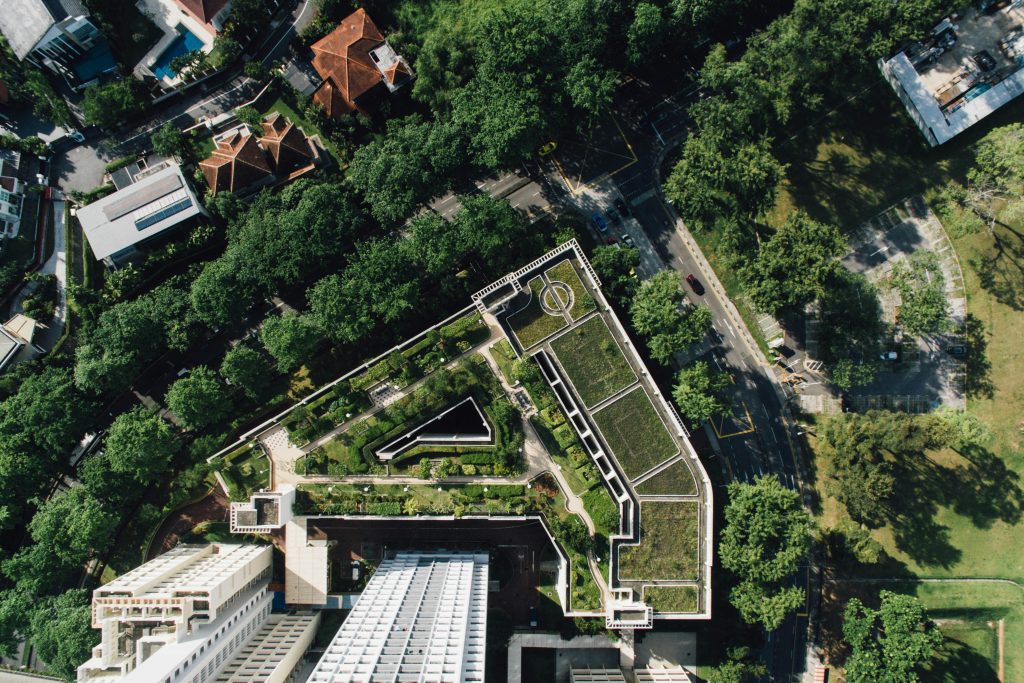Some Questions:
Why build cities and buildings on good farmland while land unsuitable for farming remains?
Why have large individual building lots, with wide un- or underused front, side or back setbacks?
Why are almost all clean and noiseless industries and warehouses sited miles and miles away from the dwellings of the workers?
Why are very large areas of roof space of industries, warehouses and shopping centres unused?
Why is the large heat loss of these unused roofs not utilized?
Why build individual energy systems, which are not very efficient, when centralized and common used heating plants are much cheaper and often more efficient?
Why have individual swimming pools and other private luxuries if they are not used most of the times?
Why have school grounds used only at certain times, by children only?
Why have school buildings used only at certain times, by a small sector of the people only?
Philosophy. An Example of Luxury:
It is much better for instance, to build one swimming pool for the use of many people, and to build this pool well, than to build many pools for single families; for they are seldom used, they take away large amounts of space and require tremendous amounts of upkeep and energy and money.
Joint use of luxuries, and of expensive essentials, makes them affordable, saves space, allows efficient use (ideally 100% of the time) and brings people together.
The common good takes precedence over the individual fancy, for common sense tells us so and, in the future, necessity may force us to follow the attainable and the sensible.
Common sense and necessity will cause us, to make the best use of the little space (or spaces) we have to build in compact ways, to cultivate our gardens, to grow food in little spaces, and thereby our cities may green again, and become places of great beauty.

Photo by Coleen Rivas on Unsplash

